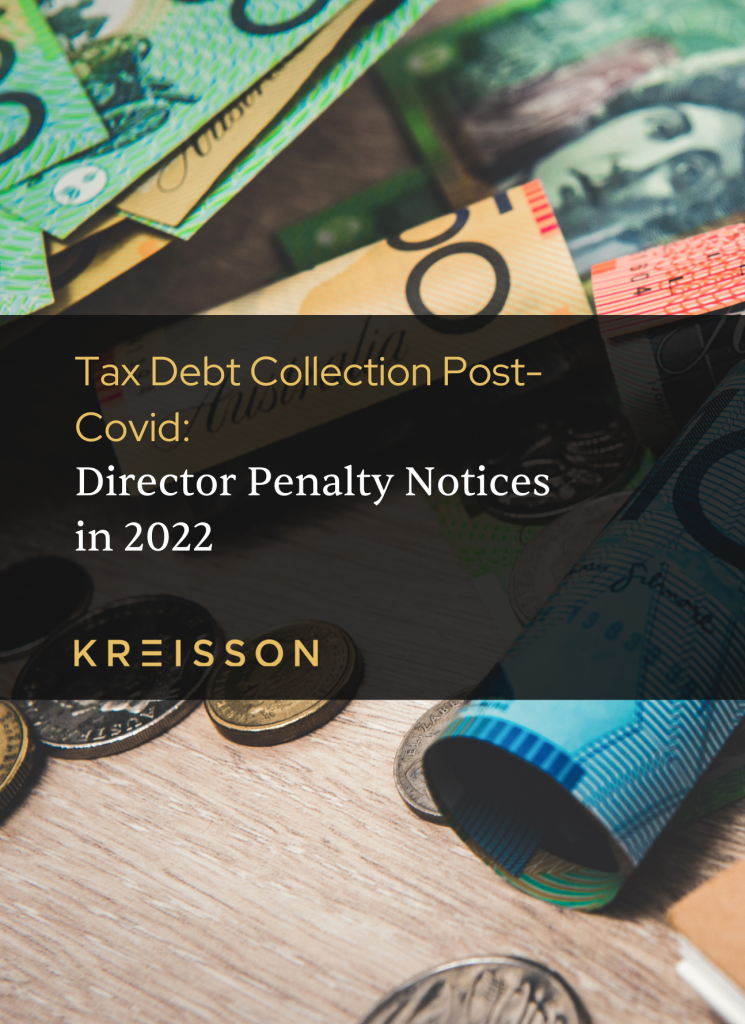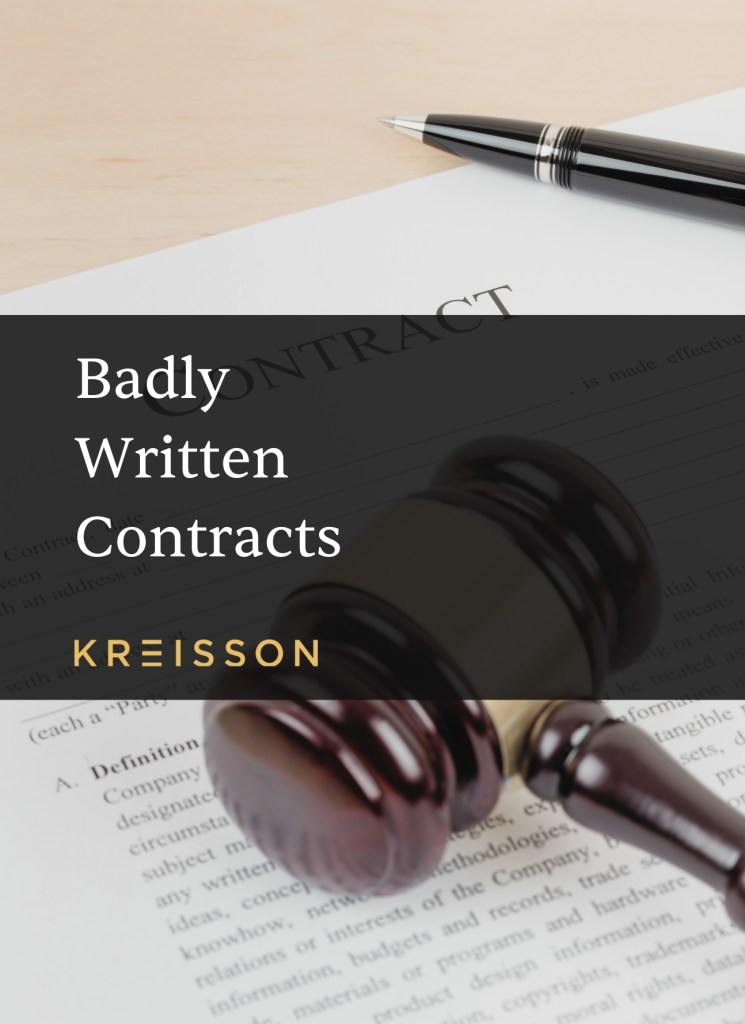John is a senior lawyer with experience assisting engineering and construction businesses across Australia. He has provided advice about projects like the Ichthys LNG onshore facility, the WestConnex motorway, the NSW electricity transmission network and CBD tower buildings and a landmark site on Sydney Cove. He has managed construction and commercial litigation in most Australian jurisdictions.
John’s expertise lies in contractual negotiation, compliance, asset transactions up to $130m, procurement processes, contract administration advice, security of payment claims. construction litigation, site acquisition, regulatory compliance, WHS and environment.
John has a wealth of experience in house in the private and public sectors as well as in legal practices.

The Strata Schemes Development Act 2015 and the Strata Schemes Management Act 2015 was reviewed in 2021 by the Department of Customer Service. It measured the legislation against ten objectives which were open to interpretation. For example, it sought to foster “ a culture of community and co-operation” and to ensure the legislation is “future oriented”.
The Department recommended 139 reforms. It received 222 submissions from the public. The departmental report was presented to Parliament on 29 November 2021.
The public debate also dealt with issues about keeping pets. That was fueled in part by the Department of Customer Service calling for discreet submissions about that subject. It also ran an online “quick-poll” which attracted nearly 22,000 votes.
The Strata Legislation Amendment Bill 2023 was introduced to Parliament on 12 October 2023. It seeks to implement 31 of those recommendations.
This paper summarises some of the important amendments included in the Bill. The Government also intends legislating further reforms about embedded networks, sustainability infrastructure, repairs and maintenance, and governance sometime in 2024.
Currently, a special resolution of the general meeting is required to remove a serving strata committee member. The amendments will adjust that threshold to an ordinary resolution. And a committee member who is impeached cannot be re-appointed for at least 12 months.
The amendments require at least 14 days advance notice to be given of an annual general meeting. That’s up from the present seven days.
The original owner of a strata scheme, who is usually the developer will be required to provide important documents (for example, building plans, occupation certificates, operations manuals and manufacturers guarantees) at least 14 days before the first annual general meeting of the owners’ corporation.
The restriction on the number of proxies that can be exercised at a general meeting will be extended to powers of attorney and company nominees. The bill does not restrict who can be a company nominee or hold a power of attorney but limits the number of votes they can cast at a general meeting.
At present, a general meeting must authorise the issue of any notice requiring an owner to comply with a by-law. In a scheme comprising just 2 lots, either owner has an effective right of veto. The law will be amended to allow the issue of compliance notices without a unanimous vote.
Under the current Act, the number of votes the original owner can exercise is reduced while it owns half of more of the unit entitlements in a scheme. The amendments will allow the original owner of a two‑lot scheme to vote according to its unit entitlement.
The amendments will require all owners’ corporations to keep the strata roll and other records in electronic form. That change will apply to all records made six months after the Act is passed. It will not apply retrospectively. It will not prevent copies being kept on paper.
Every strata scheme will be authorised to serve notices electronically, even if the general meeting has not passed a resolution about the subject.
At present, owners must notify the owner corporation if a lot is leased and provide its tenants with copies of the by-laws.
The bill will extend both obligations to the owners letting agents. Tenants will be authorised to notify the owners corporation about their tenancy where the landlord or agent has failed to do so. That will assist schemes to comply with the obligation to notify tenants of general meetings and to decide whether a tenant representative can be appointed to the strata committee.
A proposal for consolidation of strata by‑laws will need a special resolution, even if there is no change to the existing by‑laws.
All strata schemes (not just large schemes containing more than 100 lots) will be required to obtain at least two competitive quotes for expenditure in excess of $30,000.
The amendment clarifies that a general meeting must resolve within 3 months to approve the repayment of money from the administrative fund to the capital works fund or vice versa.
Levies to defray the cost of urgent repairs needed to avoid a threat to the health or safety of occupants will be required to be paid within 14 days of service of the levy notice, instead of the usual 30 days.
The Fair Trading Commissioner will be given standing to apply to the NSW Civil and Administrative Tribunal for the appointment of a compulsory managing agent.
The process for strata renewal is complex. The Land and Environment Court will be given jurisdiction to approve a strata renewal plan even if the process has not been followed strictly, so long as it hasn’t caused a substantial injustice to any owner.
The 12-months period currently allowed to a strata renewal committee to develop, report and seek approval of a strata renewal plan has proven inadequate. Its role will be extended to two years.
All owners (not just the strata committee) will be obliged to disclose any direct or indirect pecuniary or other interest they may have in the outcome of a renewal proposal. They will not be prevented from contributing to the debate or voting on the proposal.
The Land and Environment Court will be empowered to consider those disclosures when they consider a strata renewal application or any objection. It will be able to award costs against an owner who dissents to the proposal without good reason or for some ulterior motive.
Owners’ corporation will be banned from charging owners or tenants any kind of fee or bond or requiring insurance cover for keeping of a pet.
Bylaws which restrict or burden the use of an assistance animal (e.g., that they must be carried in arms whilst on common property) will be illegal. Regulations will clarify what evidence may be required to demonstrate it is truly an assistance animal.
[ Strata Legislation Amendment Bill 2023 – Proposed Changes ]
For further information, please do not hesitate to contact John Hodgkinson on (02) 8239 6500.
This communication is sent by Kreisson Legal Pty Limited (ACN 113 986 824). This communication has been prepared for the general information of clients and professional associates of Kreisson Legal. You should not rely on the contents. It is not legal advice and should not be regarded as a substitute for legal advice. The contents may contain copyright.

4 May 2022
During the Covid-19 pandemic, the Australian government implemented economic response measures like Jobkeeper, instant asset writeoffs, accelerated depreciation and GST credits to boost cash flows.
The ATO also took a raft of administrative actions; curtailing enforcement activities, negotiating payment plans for tax debts, remitting interest and penalties and allowing extensions of time for yearly repayment of Division 7A loans. It chose not to expend compliance resources on scrutiny of a range of taxpayer transactions and arrangements.
However, with the easing of COVID-19 restrictions, the ATO has recommenced debt recovery activity, especially the issue of Director Penalty Notices (DPN).
A DPN may be issued if business activity statements, superannuation guarantee statements and/or instalment activity statements are not lodged within three months of the due date.
The penalty will not be remitted until the company pays in full. A DPN may also be issued if Business Activity Statement, Super Guarantee statements or instalment activity statements are lodged but the PAYG withholding or SGC debt remains unpaid.
The director will be personally liable for those tax debts unless the company pays the entire amount or is placed under external administration within 21 days.
The onus is on the director to demonstrate that he or she took every reasonable step to ensure the company complied with its tax obligations or that no such steps could have been taken.
Alternatively, a director may show that he or she was unable to ensure compliance because of a serious illness or other reason.
In the case of an unpaid SGC liability, a director can defend liability on the basis that the company interpreted the superannuation law in a “reasonably arguable” way.
The ATO can collect the penalty by deducting it from any personal income tax refund or imposing a garnishee notice.
[ Tax Debt Collection Post Covid-19: Director Penalty Notices ]
Please contact us on (02) 8239 6500 or at excellence@kreisson.com.au if you have any queries or need any assistance.
This communication is sent by Kreisson Legal Pty Limited (ACN 113 986 824). This article contains general information only and is not a substitute for considered legal, accounting or business advice. It does not take into account your particular circumstances, objectives, appetite for risk or financial situation. We are not tax or BAS agents or specialist tax advisers. You should not rely on this article without seeking detailed advice from discipline experts. The contents are copyright and should not be reproduced, re-published, adapted or used without the author’s permission.

10 August 2021
Badly written contracts often lead to very expensive Court disputes.
In one recent case, Pittmore Pty Ltd v Chan, the parties in dispute had entered into a joint venture to build 24 apartments across 2 adjoining properties at Willoughby. A joint venture deed was prepared by lawyers to say that it was subject to and conditional upon the parties acquiring the properties “on or before 30 April 2017”. Before the deed was signed, those words were struck out and replaced with the hand-written words “prior to construction commences” (sic).
The following clause said the joint venture could be terminated if the condition in the preceding clause was not met “on or before 30 April 2017”. The parties did not change those words.
The evidence showed the parties understood that:
a) the properties had to be acquired before construction could start;
b) that the parties intended the handwritten words to reflect that necessity; and
c) that the latter clause was machinery to give effect to the preceding clause and that the parties had simply overlooked the necessary consequential amendment.
In that light, a Court read the joint venture deed as if the repugnant words in the second clause were omitted.
Compare that approach to that taken in another recent case, HDI Global Specialty SE v Wonkana No. 3 Pty Ltd.
A policy excluded cover for business interruption caused by “diseases declared to be quarantinable diseases under the Australian Quarantine Act 1908 and subsequent amendments”.
When the policy was issued, neither the insurer nor the insured realised that the legislation had been repealed and replaced by the Biosecurity Act 2015.
The court was unwilling to read the policy as if it contained the words “diseases determined to be a listed human disease under the Biosecurity Act 2015”.
Instead, it gave the contract its literal meaning. Of course, no declaration had been made about COVID-19 under the repealed Act. In that case, the exclusion clause did not apply.
Contract issues are the third leading reason that construction companies go out of business. It has been our experience that somehow, in some way, poorly written contracts figure into almost every dispute.
You can trust the experienced lawyers at Kreisson to write contracts that say what you mean. Contact us for any assistance you need drafting contracts or disputes involving contracts.
Please contact us on (02) 8239 6500 or at excellence@kreisson.com.au if you have any queries or need any assistance.
This communication is sent by Kreisson Legal Pty Limited (ACN 113 986 824). This communication has been prepared for the general information of clients and professional associates of Kreisson Legal. You should not rely on the contents. It is not legal advice and should not be regarded as a substitute for legal advice. The contents may contain copyright.